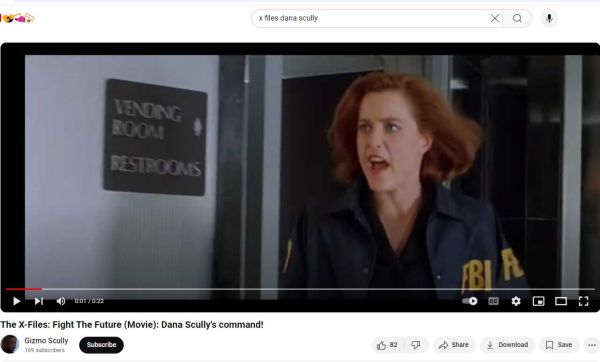The Stalking Horses
The Stalking Horses
Historically, a "stalking-horse" refers to a hunter who hides behind a dummy-horse to allow him to get close to his prey, without the prey seeing him. Movie and TV executives employ a similar ruse, which involves concealing a horrifying movie-plot behind an attractive young actress, that a female audience can identify with and trust, and sit through slasher movies that don't generally appeal to them. The stalking-horse actresses permit the cruder aspects of the movie-culture to pass through a woman's protective cultural cocoon and imbue her personal space with fear.
I never saw the movie Alien, which came out in 1979, starring Sigourney Weaver as an astronaut. She is also military and carries a gun. This many years later, her plastic ray-gun looks ridiculous. Her role as a stalking-horse succeeds because she plays a heroine. Women who watch Alien stay to the end because Weaver succeeds in finally killing a really terrifying alien.
I saw the TV trailers and posters for the movie and wondered why in the hell anyone sits through such a movie. It takes vain imaginings to a whole new level. Why not just stick with killer sharks, lions, or volcanoes—real terror—instead of the limitless, sicko monsters who unsex the heroine? I mean, compare that to sexy, gun-totin' Jane Fonda in Barbarella in 1968.
The horror movie Copycat came out in 1995, and I saw it a few years after that on cable-TV. It also stars Sigourney Weaver as a traumatized criminal profiler, but in a secondary role to Holly Hunter's no-nonsense police detective. She has to almost single-handedly take down a serial killer and won't take any crap from the immature, sexist, male officers who assist her. The female audiences never had it so good.
The plot of Copycat involves a terrifying sicko who murders young co-eds for the hell of it. In the end, The film gives sex a bad name. Hunter eventually shoots the sicko to death, and the movie ends. The fear—and frankly disgust--that the sicko generates in his female audience will limit their ability to live freely for years after. Real life is not nearly so scary; so why do the women audiences watch this thing? Do they guard themselves subconsciously against any playful risk-taking?
Then, we come to Agent Dana Scully of the FBI, seen in this image racing into a building ordering everyone to evacuate. Scully is not simply an FBI agent who carries a gun, she is also a physician. Each episode of the X-Files serves up stories dealing mostly with hideous deaths and a fear of the unknown. Its logo is "The truth is out there," but the show never gives a viewer a clue about where to find it. It might as well advertise itself with "The aliens are out there." The stories usually end uncertainly. The bad E.T.s escape or slither back into a sewer to hunt humans another day.
One episode tells the story of extra-terrestrial parasites that invade a man—essentially raping him. They spawn in his body, and he vomits out the larvae. In another episode, an Asian demon invades a man, again raping him, and leaves him to bleed to death. In other episodes, E.T.s stalk their victims, capturing the fleeing, helpless men—and murder them. In other episodes, E.T.s enter humans, steal their identity, and replace it with an alien one.
In far too many episodes, the victims are figures of authority and protection, like police officers and military people. Also, many episodes feature children being killed. So why in the world do women watch the X-Files? It is morbidly disgusting. The only answer I can offer is that the stalking-horse Scully gets disarmingly close to her female audience.
Agent Scully doesn't simply defend her feminist honor against sexist males. Her actions support the underlying message of the X-Files that sexual energy in males works badly for women—supports it in a feminist, Catherine McKinnon sort of way. The show excels in demonizing the males.
I wish I could use a stalking-horse to get close to the people who watch shows like this, to find out what they really think about the World around them, and to find out what sort of pleasure, if any, they get out of watching shows like The X-Files.





